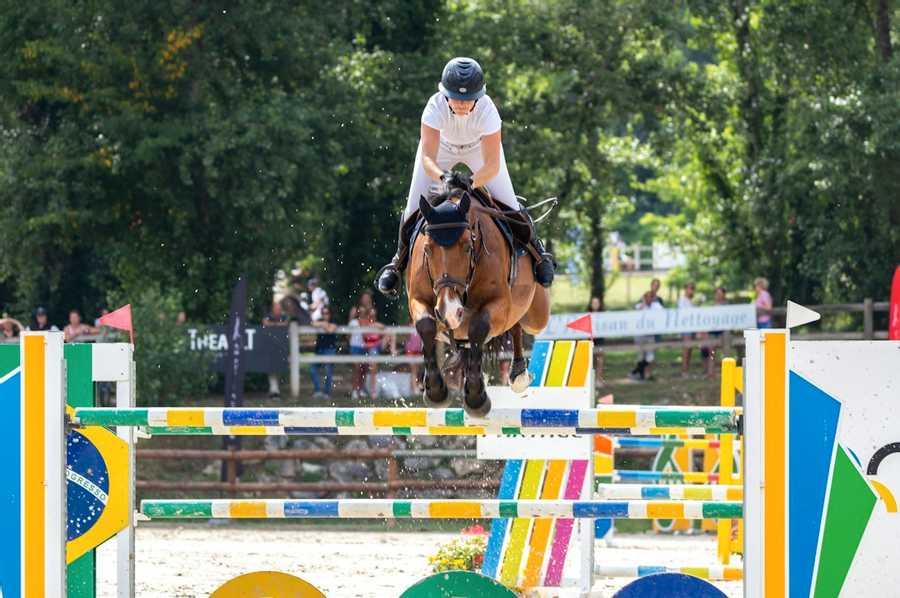Jumping to conclusions
We are all prone to jump to conclusions.
The psychological term for jumping to conclusions is "inference-observation confusion", meaning people make an inference but fail to label it as such, which results in faulty conclusions.
680
5.1K reads
CURATED FROM
Jumping to conclusions: the inference-observation confusion - Ness Labs
nesslabs.com
4 ideas
·12.9K reads
IDEAS CURATED BY
Watch your habits, they become character and watch your character, it becomes your destiny.
The idea is part of this collection:
Learn more about problemsolving with this collection
The importance of perseverance
How to embrace failure as a learning opportunity
The power of innovation and creativity
Related collections
Similar ideas to Jumping to conclusions
Jumping to Conclusions.
Jumping to Conclusions. You jump to conclusions that aren’t warranted by the facts. There are two common versions of this distortion.
Jumping to Conclusions
A good analogy serves as an intellectual springboard that helps us jump to conclusions. It is efficient if the findings are likely to be correct, and can save time and effort.
However, if the analogy is misleading, we are likely not to notice. Assumptions reinforce our preconceptions and pr...
Jumping into Conclusions: Examples
- Inference-observation confusion: An assumption made that may or may not be correct. Example: Concluding that a guy is rich, based on the car he drives.
- Fortune-Telling: Assumption of knowing exactly what will happen in the future.
- Mind Reading:...
Read & Learn
20x Faster
without
deepstash
with
deepstash
with
deepstash
Personalized microlearning
—
100+ Learning Journeys
—
Access to 200,000+ ideas
—
Access to the mobile app
—
Unlimited idea saving
—
—
Unlimited history
—
—
Unlimited listening to ideas
—
—
Downloading & offline access
—
—
Supercharge your mind with one idea per day
Enter your email and spend 1 minute every day to learn something new.
I agree to receive email updates


